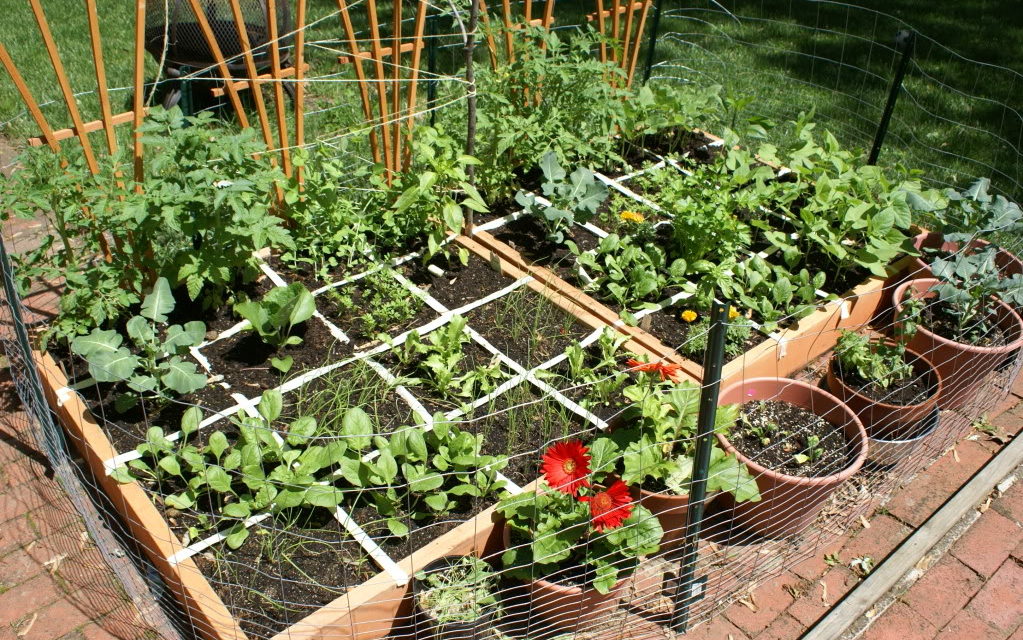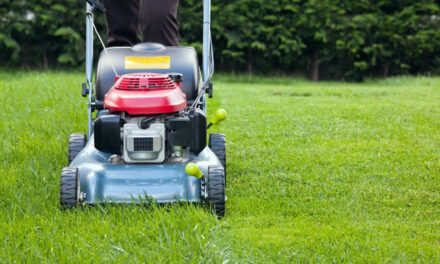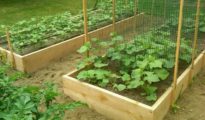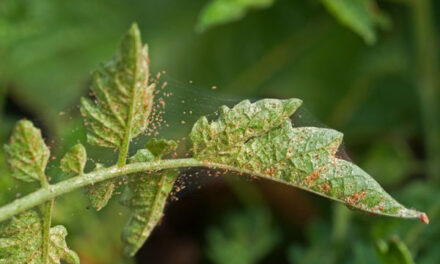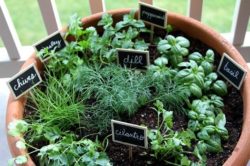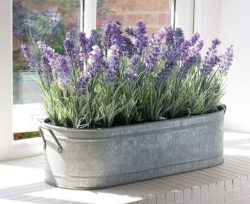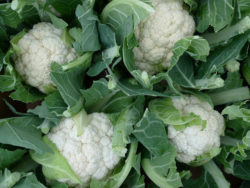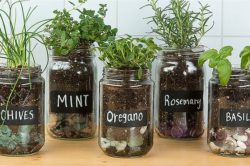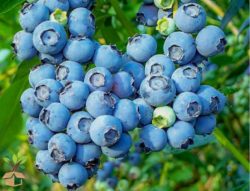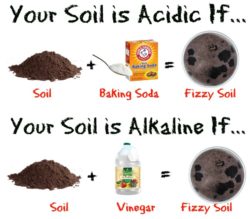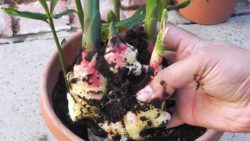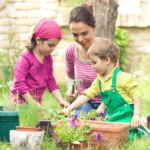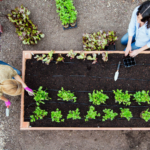Organic gardening is a great way to grow healthy, nutritious, and flavorful produce without using synthetic fertilizers, pesticides, and other harmful chemicals. Whether you're growing a small garden in your backyard or a large-scale farm, there are many techniques you can use to create an organic garden that is healthy and thriving. In this blog post, we'll cover some of the most important organic gardening techniques for growing a healthy garden.
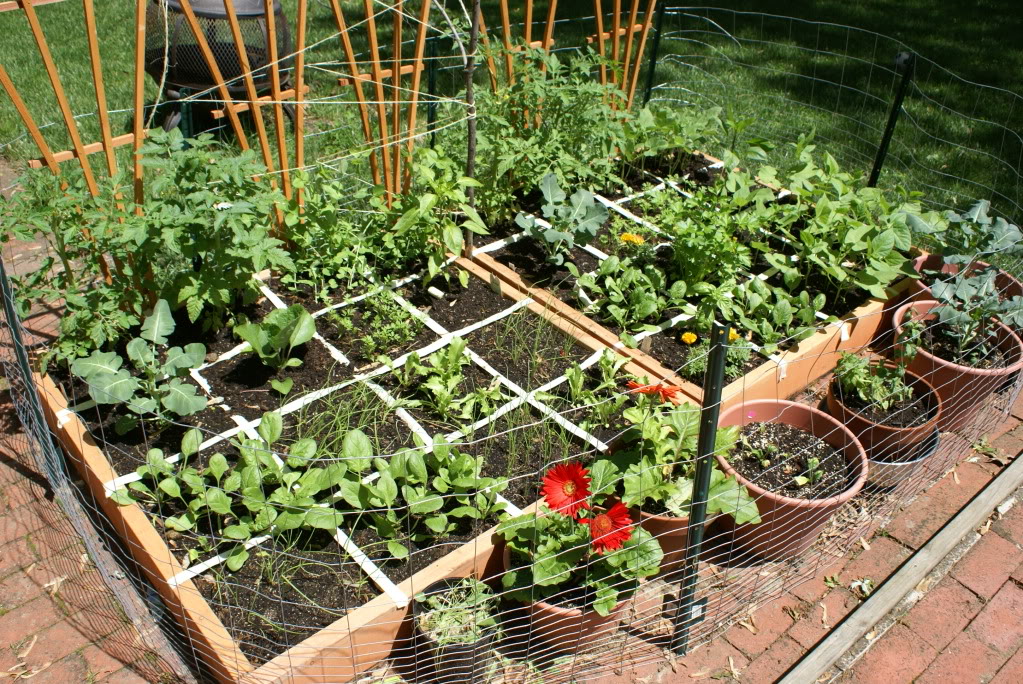
Choose the Right Soil
One of the most important aspects of organic gardening is choosing the right soil. Your soil should be rich in organic matter, such as compost, manure, and leaf mold, and it should be well-drained and fertile. If your soil is heavy and poorly drained, you may need to amend it with sand and other organic matter to improve its structure and fertility. You can also improve your soil's fertility by adding compost, worm castings, and other organic matter on a regular basis.
Use Natural Fertilizers
One of the key benefits of organic gardening is that you can use natural fertilizers, such as compost, to feed your plants. Compost is a rich source of nutrients, including nitrogen, phosphorus, and potassium, which are essential for plant growth. You can make your own compost by composting food waste, yard waste, and other organic matter. You can also use compost tea, which is a liquid fertilizer made by steeping compost in water, to feed your plants.
Choose the Right Plants
Another important aspect of organic gardening is choosing the right plants. Some plants are better suited to organic gardening than others, and it's important to choose plants that are well-adapted to your local climate, soil, and other growing conditions. For example, some plants are more resistant to pests and diseases, while others are more heat-tolerant or drought-resistant. When choosing plants for your garden, consider the mature size and growth habit of each plant, as well as its sun and water requirements.
Practice Crop Rotation
Crop rotation is an important organic gardening technique that helps to improve soil fertility, reduce pest and disease problems, and conserve water. The idea behind crop rotation is to plant different crops in different areas of your garden each year, so that the same crop is not grown in the same area two years in a row. For example, you might plant tomatoes in one area of your garden one year, and then plant a different crop, such as carrots, in that same area the following year.
Use Natural Pest Control
One of the key benefits of organic gardening is that you can use natural pest control methods to keep your garden free of pests and diseases. Some of the most effective natural pest control methods include companion planting, which involves planting beneficial plants that repel pests, and using natural predators, such as ladybugs and lacewings, to control pests. You can also use physical barriers, such as row covers, to keep pests away from your plants.
Use Cover Crops
Cover crops are an important organic gardening technique that can improve soil fertility, prevent soil erosion, and reduce weed growth. Cover crops are grown between the main crops in your garden and are then turned under the soil to improve soil fertility and structure. Some of the most commonly used cover crops include clover, peas, and barley.
Water Wisely
Watering is an important aspect of organic gardening, and it's important to water your plants wisely to conserve water and avoid over-watering. Some of the best organic gardening techniques for watering include using mulch to
conserve moisture, using a drip irrigation system to target water directly to the roots of your plants, and watering in the morning or early evening to reduce evaporation. It's also important to adjust your watering schedule based on the needs of your plants, as well as the weather conditions in your area. For example, you may need to water more frequently during hot, dry spells, and less frequently during cool, rainy periods.
Incorporate Companion Planting
Companion planting is a technique in organic gardening where different plants are grown together in close proximity to promote a healthy garden ecosystem. This method of planting has many benefits, including reducing pest problems, improving soil fertility, and even increasing yields. Some of the most commonly used companion plants include basil, which repels pests and improves the flavor of tomatoes, and marigolds, which repel nematodes and other harmful insects.
Encourage Beneficial Insects
Beneficial insects play a crucial role in organic gardens by helping to control pests and pollinate plants. Encouraging beneficial insects to your garden can help to reduce the need for pesticides and increase the yields of your crops. Some of the most beneficial insects include ladybugs, which feed on aphids and other soft-bodied pests, and pollinators such as bees and butterflies, which help to pollinate your plants and increase yields.
Grow a Diverse Garden
Growing a diverse garden is another important aspect of organic gardening, as this can help to improve soil fertility and reduce pest and disease problems. By growing a variety of crops, you can ensure that your garden is providing a wide range of nutrients to the soil, and you can also create a more complex ecosystem that is less prone to pest and disease problems. Some of the most popular crops for a diverse garden include heirloom vegetables, herbs, and fruits, as well as flowering plants and shrubs.
In conclusion, organic gardening is a great way to grow healthy, nutritious, and flavorful produce without using synthetic fertilizers, pesticides, and other harmful chemicals. By using the gardening techniques discussed in this blog post, you can create an organic garden that is healthy, thriving, and sustainable. Whether you're growing a small garden in your backyard or a large-scale farm, the benefits of organic gardening are numerous and well worth the effort.

